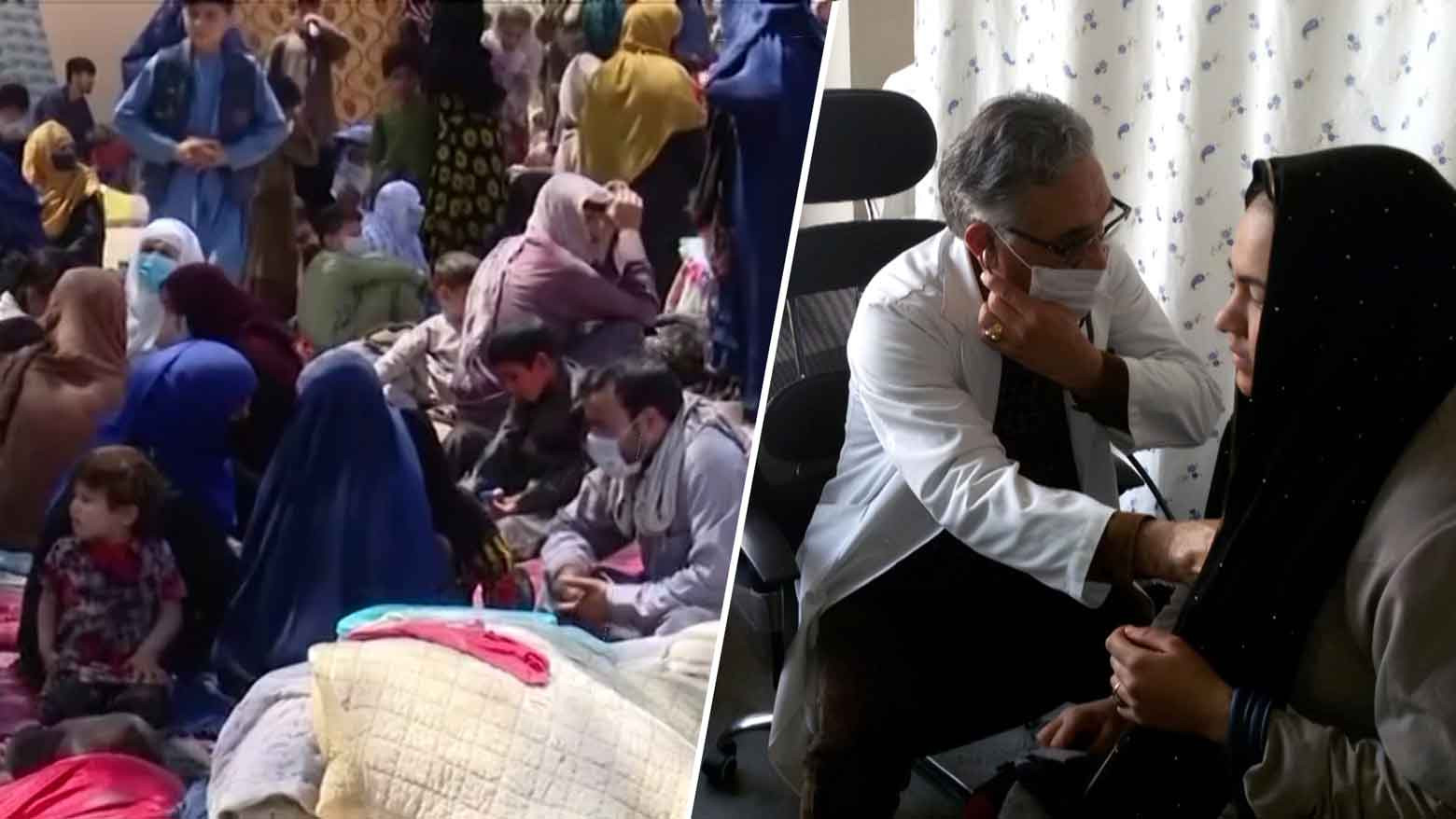The United Nations Children’s Fund (UNICEF) has been working to protect children in Afghanistan for 65 years. Communications Chief Sam Mort is on the ground there and says the situation for children is getting worse, and though UNICEF recently had to scale back its activities for security reasons, Mort says the agency won’t abandon the children and people of Afghanistan.
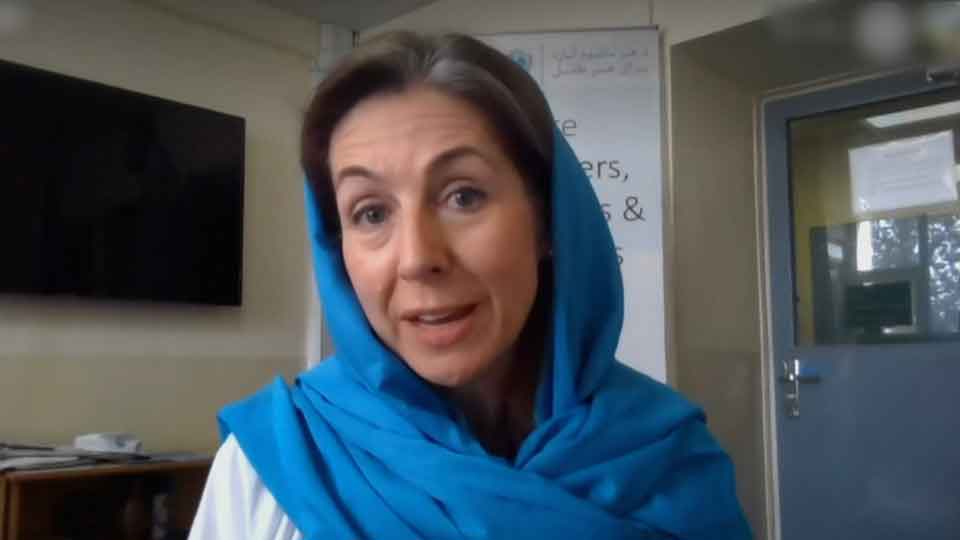
Chief of Communications, UNICEF Afghanistan
“Afghanistan is in crisis, and those who are the least responsible for that crisis are paying the highest price. We predict that without urgent action, one million children under the age of five will be severely and acutely malnourished by the end of this year. We have children in camps, children out of school, children not eating, children not accessing the medical care that they so desperately need.

It's been a particularly brutal year for children. Since the start of this year, 550 have been killed in fighting—the highest number since 2005.
We’re very concerned about the psychosocial impact on children. A lot of them have witnessed atrocities; their parents, friends and family members killed. The impact on them will last for a long time.
We have to work out a new way of working with the Taliban. We will work with them, talk to and negotiate with everybody that we need to. To the international community: This is not the time to turn your back on the women and children of Afghanistan. Right now, the needs are greater than ever. UNICEF needs the support of all governments, of all UNICEF's friends. to keep donations coming in so that we can help those most in need.
We're not going anywhere. UNICEF is here before, during and after an emergency. In an emergency, there's nobody more vulnerable than a baby, than a toddler, than a child, than a pregnant mother, than a mother who's just giving birth. That is who UNICEF will stay here for.”
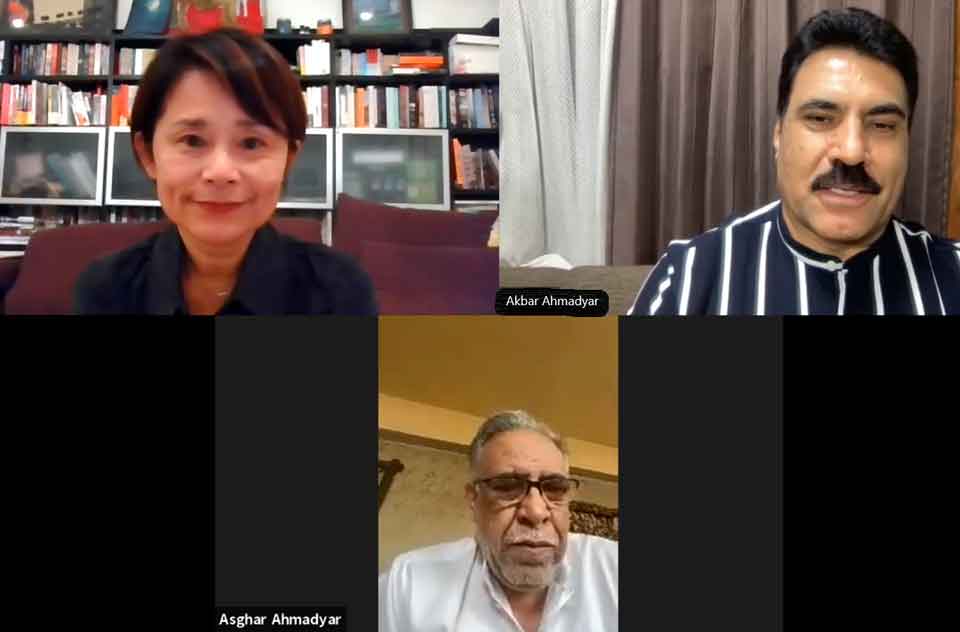
Doctors Asghar and Akbar Ahmadyar fled their native Afghanistan during the civil war in the late 1980s. The brothers settled in Japan and started working with the charitable foundation Ibaraki International Friendship and Welfare Foundation (IIFF). They traveled frequently with IIFF members to treat Afghan refugees in Pakistan’s border town of Peshawar. After the 2001 collapse of the Taliban regime, they returned to Kabul.
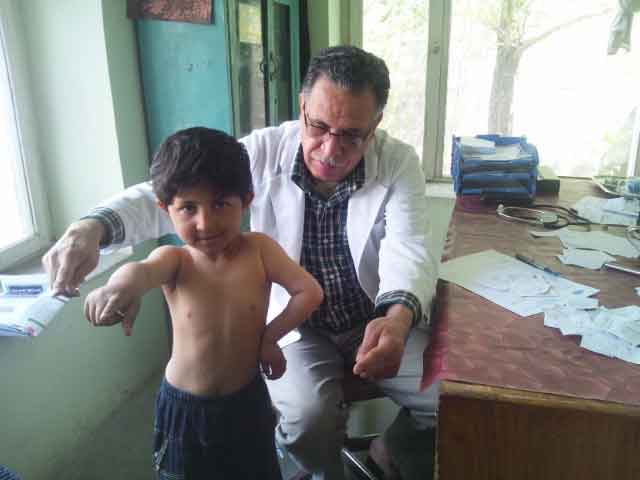
SAHA Medical Center, Kabul
Asghar is still working there at a clinic the foundation helped to open.
“The Taliban soldiers are standing across the street from my clinic. I greet them every day, and so far there’s no big problem with them. But of course, we worry about our future. I see a lot of people getting infected with coronavirus.
For the last few years, I only visited Japan for a month every year. Now my schedule remains the same, no matter who rules the country. I never want to leave Afghanistan, never. I want to work hard as long as I can to serve my people. I want to tell the Japanese government to help the poor in Afghanistan at this critical moment, just as it has helped us in the past. Now is the time.”
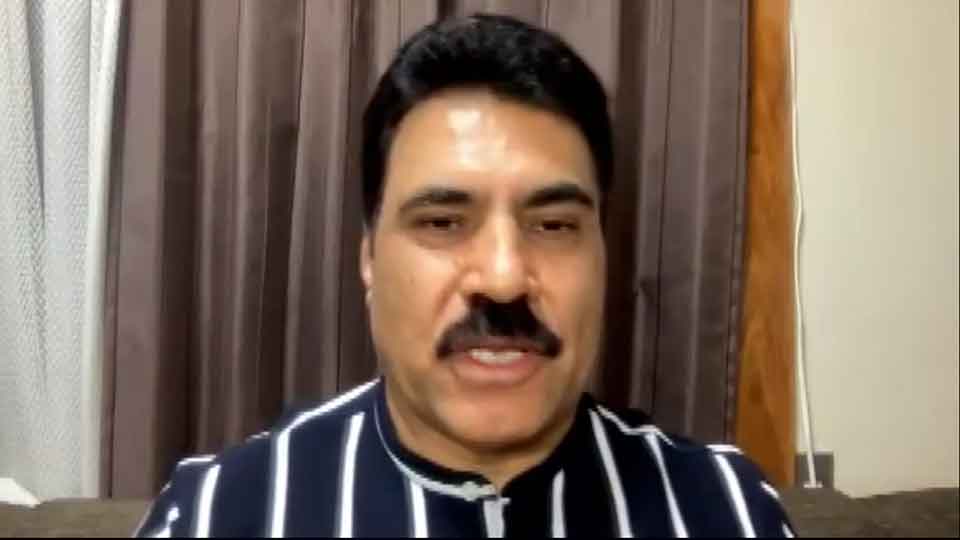
Ibaraki International Friendship and Welfare Foundation
Akbar has traveled regularly between Japan, where he works for the IIFF, and Afghanistan, where he supports the work of his brother.
“In Afghanistan, we have the worst economy level in the world and a lot of people are suffering. In Japan, everything is free of charge for treatment of COVID-19. But in Afghanistan, everything from tests, treatment, to oxygen, patients have to buy themselves. There’s no place to hospitalize patients, no beds for patients, there are too many patients. And in this situation, support from other countries, especially the US and the west, has been cut. And the damage will come to people, especially low-income people. It is the worst situation. The Afghan people are worried, they are not psychologically safe.”
